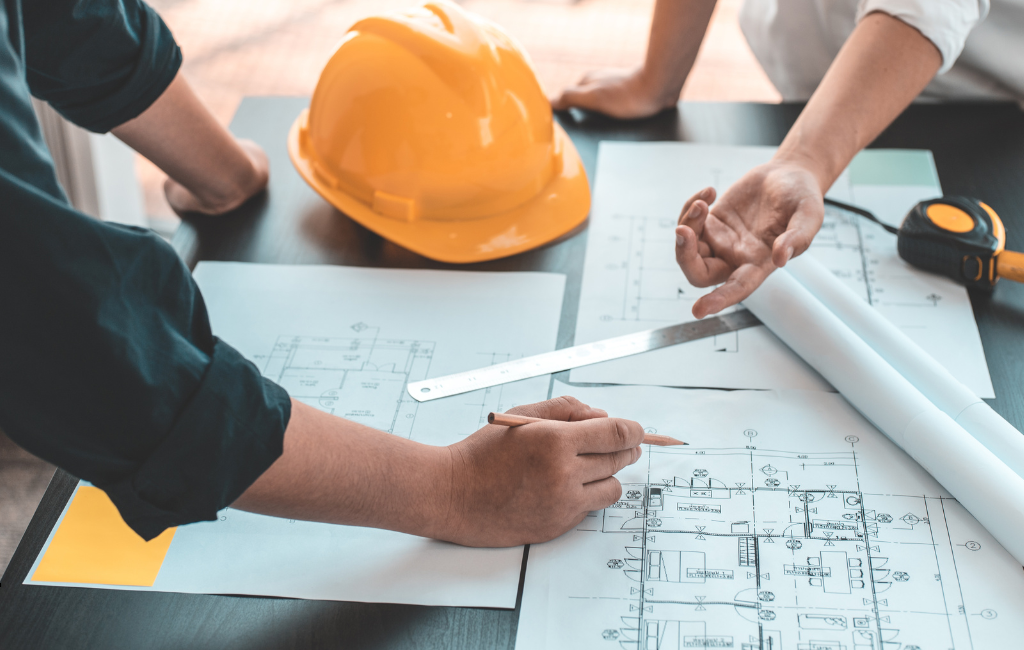-
Table of Contents
- Hiring an Architect: Key Considerations
- Understanding the Role of an Architect
- Defining Your Project Scope and Budget
- Researching and Shortlisting Architects
- Conducting Interviews and Assessing Compatibility
- Evaluating Design Proposals and Contracts
- Case Study: Successful Collaboration with an Architect
- Statistics on the Impact of Hiring an Architect
- Conclusion
Hiring Architect Considerations
When planning a construction project, whether it’s a new home, a commercial building, or a renovation, hiring an architect can be a pivotal decision. Architects bring a wealth of expertise, creativity, and technical knowledge to the table, ensuring that your vision is realized efficiently and effectively. This article explores the key considerations when hiring an architect, providing valuable insights to help you make an informed decision.
Understanding the Role of an Architect
An architect is more than just a designer. They are responsible for the overall planning, design, and oversight of a building project. Their role encompasses:
- Creating detailed architectural plans and drawings
- Ensuring compliance with building codes and regulations
- Coordinating with contractors and other professionals
- Managing the project timeline and budget
- Incorporating sustainable and energy-efficient solutions
Understanding these responsibilities can help you appreciate the value an architect brings to your project.
Defining Your Project Scope and Budget
Before engaging an architect, it’s important to have a clear understanding of your project scope and budget. This includes:
- Identifying the purpose and goals of the project
- Determining the size and scale of the construction
- Setting a realistic budget that includes design, materials, and labor costs
Having a well-defined scope and budget will facilitate more productive discussions with potential architects and help you find a professional who aligns with your vision and financial constraints.
Researching and Shortlisting Architects
Finding the right architect involves thorough research and careful consideration. Start by:
- Seeking recommendations from friends, family, or colleagues
- Exploring online directories and professional associations
- Reviewing portfolios and past projects to assess their style and expertise
Once you have a list of potential candidates, narrow it down by evaluating their experience, reputation, and compatibility with your project needs.
Conducting Interviews and Assessing Compatibility
Interviewing potential architects is a critical step in the selection process. During the interviews, consider asking questions about:
- Their design philosophy and approach to projects
- Experience with similar projects
- Availability and project timeline
- Fee structure and payment terms
- References from previous clients
Assessing compatibility is equally important. Look for an architect who listens to your ideas, communicates effectively, and demonstrates a genuine interest in your project.
Evaluating Design Proposals and Contracts
After selecting an architect, they will typically present a design proposal. Evaluate the proposal based on:
- Alignment with your vision and requirements
- Feasibility within your budget and timeline
- Incorporation of innovative and sustainable solutions
Once you are satisfied with the design proposal, review the contract carefully. Ensure it includes detailed information about the scope of work, deliverables, timeline, fees, and any other relevant terms and conditions.
Case Study: Successful Collaboration with an Architect
Consider the example of a family in California who hired an architect to design their dream home. They began by defining their project scope and budget, then researched and shortlisted several architects. After conducting interviews, they selected an architect who had experience with sustainable design and a portfolio that resonated with their vision.
The architect presented a design proposal that incorporated energy-efficient features and maximized natural light. The family reviewed the proposal and contract, ensuring all their requirements were met. Throughout the project, the architect maintained open communication, coordinated with contractors, and managed the timeline effectively. The result was a beautiful, sustainable home that exceeded the family’s expectations.
Statistics on the Impact of Hiring an Architect
According to a survey by the American Institute of Architects (AIA), 80% of homeowners who hired an architect reported higher satisfaction with their completed projects compared to those who did not. Additionally, projects involving architects were found to have fewer delays and cost overruns, highlighting the value of professional architectural services.
Conclusion
Hiring an architect is a significant decision that can greatly influence the success of your construction project. By understanding the role of an architect, defining your project scope and budget, researching and shortlisting candidates, conducting interviews, and evaluating design proposals and contracts, you can make an informed choice. The right architect will not only bring your vision to life but also ensure a smooth and efficient project execution.
